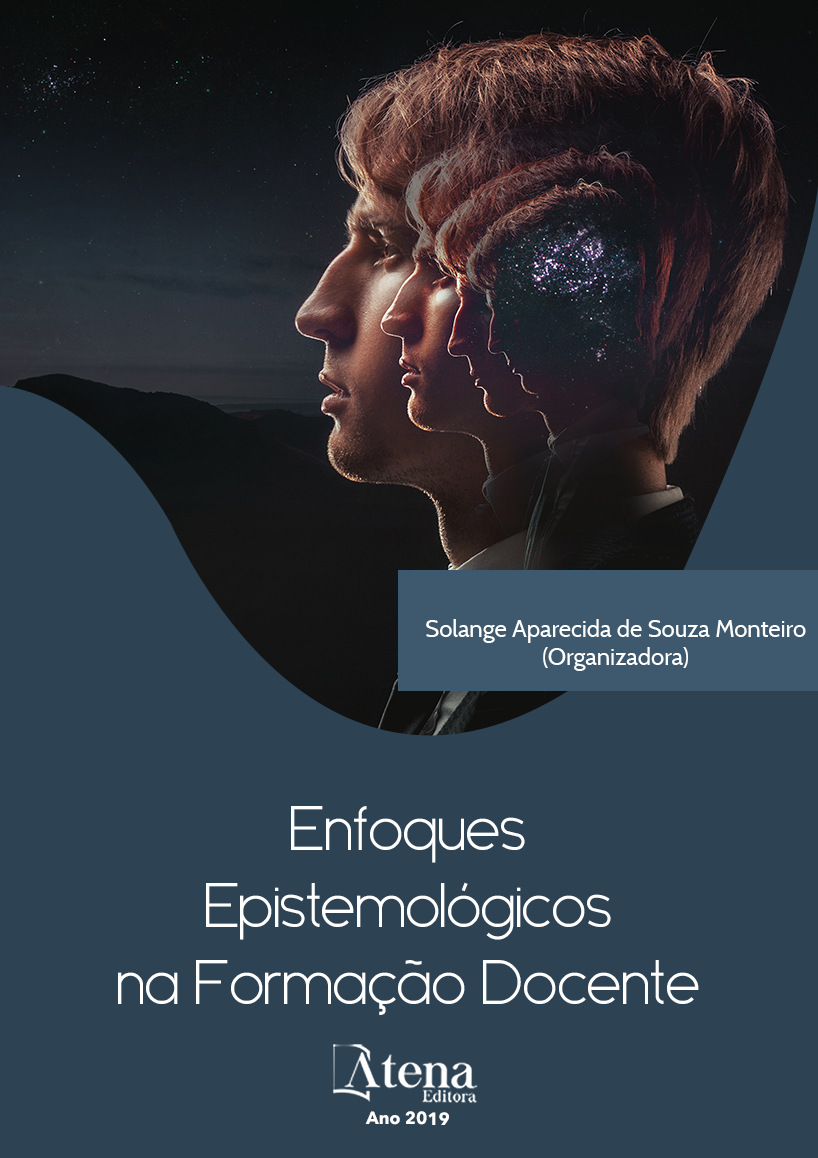
CONCEPÇÕES DOCENTES SOBRE MEDIAÇÃO AFETIVA NO ENSINO SUPERIOR
Esta pesquisa, de natureza
qualitativa, tem por objetivo discutir a
afetividade na mediação didática no ensino
superior. Apresenta os resultados da análise
de uma das questões norteadoras da tese
de doutorado da primeira autora – “Como a
dimensão afetiva se faz presente na prática
pedagógica dos docentes do ensino superior da
área de computação”, entendendo a afetividade
como a capacidade que um indivíduo tem de
ser afetado por algo e/ou por outrem. Como
aporte teórico investigamos a relação existente
entre os aspectos cognitivos e afetivos para
o desenvolvimento do indivíduo ao longo de
toda a sua vida, através de autores como Henri
Wallon, contando também com a contribuição
de outras áreas do conhecimento, entre elas a
sociologia, a neurologia e a neuropsicologia. A
metodologia escolhida foi o Estudo de Caso,
tendo como sujeitos da pesquisa docentes de
um curso da área de computação. A análise das
respostas dos professores nos permite concluir
que, embora eles percebam a afetividade
de diferentes maneiras, todos entendem a
importância da mediação afetiva no processo
de ensino e aprendizagem. No entanto, para
grande parte dos sujeitos a afetividade tem
uma perspectiva instrumental, utilizada como
estratégia para alcançar o aluno e fazer com
que participe da aula, realize as atividades
propostas e se envolva com a disciplina.
CONCEPÇÕES DOCENTES SOBRE MEDIAÇÃO AFETIVA NO ENSINO SUPERIOR
-
DOI: 10.22533/at.ed.1231917103
-
Palavras-chave: ensino superior; mediação afetiva; formação docente.
-
Keywords: higher education; affective mediation; ensino superior; mediação afetiva; teacher training.
-
Abstract:
This qualitative research aims to
discuss affectivity in didactic mediation in higher
education. It presents the results of one of the
guiding questions of the first author doctoral
research – “How is the affective dimension take
place in the pedagogical practice of computer
higher education teachers?”, understanding
affectivity as the ability of an individual to be
affected by something and/or someone. As a
theoretical basis, we explore the relationship
between cognitive and affective aspects for
the individual development throughout life,
studying authors such as Henri Wallon, also considering the contribution of other areas
of knowledge, as sociology, neurology and neuropsychology. The chosen methodology
was the Case Study and the research was made with a group of computer teachers.
The analysis of teachers’ answers allows us to conclude that, although they understand
affectivity in different ways, they all know how relevant is the affective mediation in
teaching and learning process. However, most of the teachers think affective mediation
in a instrumental perspective, used as a strategy to reach the student and make them
participate and get involved in class.
-
Número de páginas: 14
- Cristina Maria D'Ávila Teixeira
- Monica de Souza Massa


